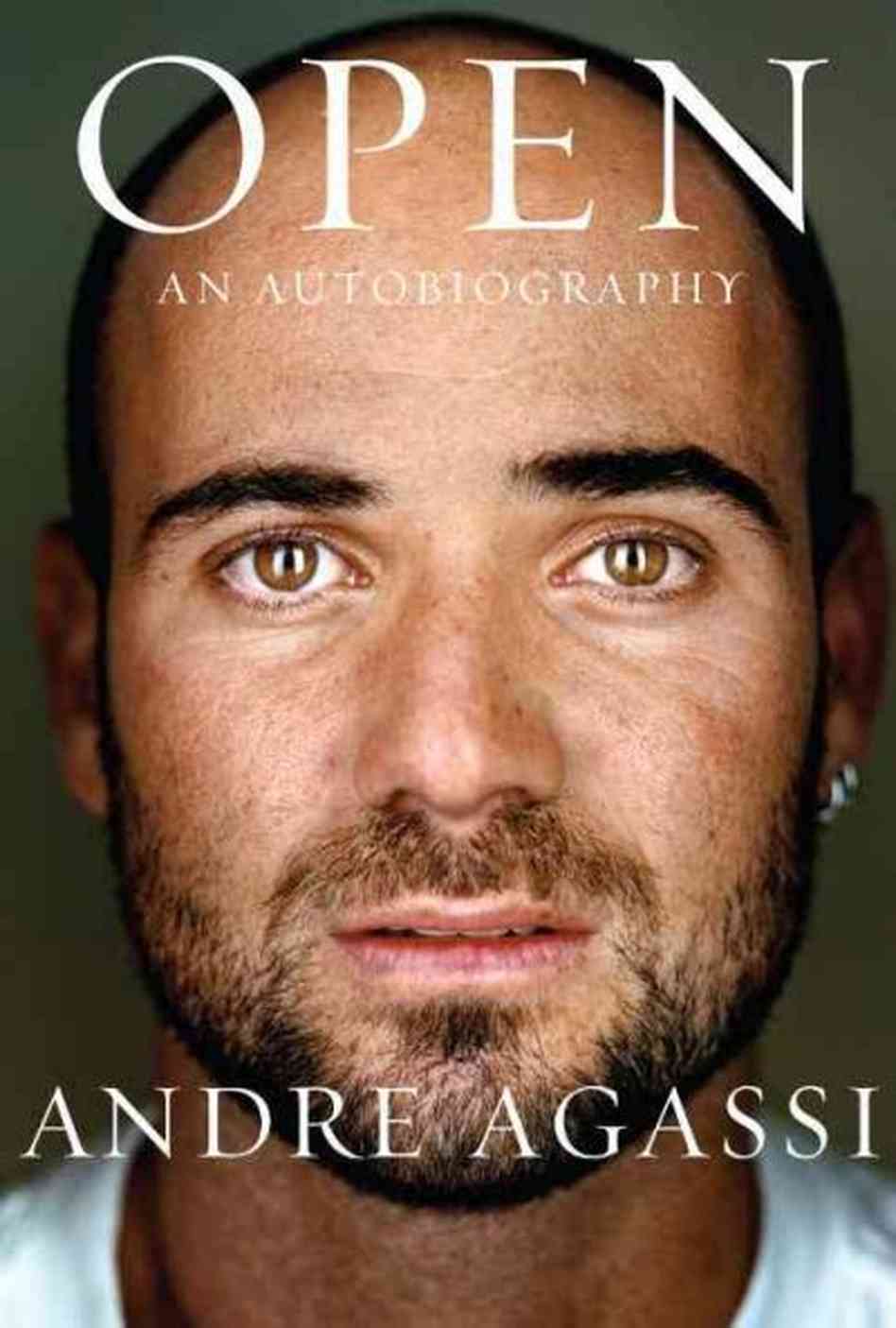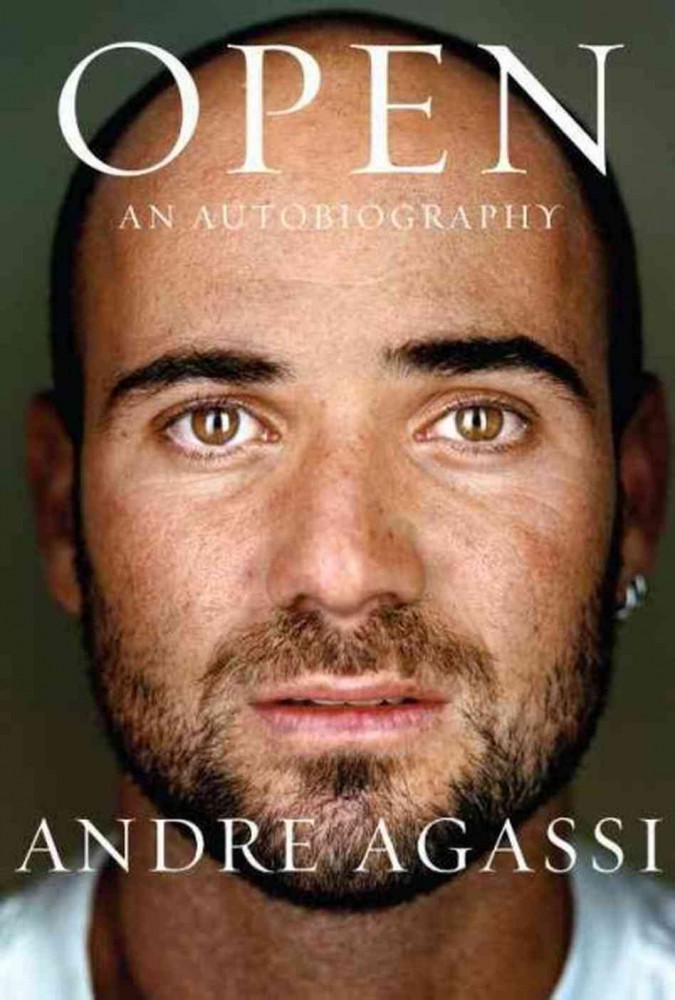
Andre Agassi, the eight-time tennis Grand Slam champion, was angered by Lance Armstrong’s lies about the use of performance-enhancing drugs (PEDs). Agassi told reporters at an Australian Open press conference that Armstrong’s deception was “unconscionable.”
“Well, my reaction to it is the same as everybody. It was shock, hard to stomach, sadness, disappointment. I think ‘anger’ is a fair word. I was certainly one of those that flat out believed him that long period of time. The thought of it not being the case was unconscionable to me. “
What makes the story interesting is that Agassi knows very well what it’s like to lie about drug use.
Around the time that Armstrong was recovering from stage four testicular cancer, Agassi had started getting high on crystal meth. While Armstrong faced the possibility of his career coming to a premature end due to cancer, Agassi’s career was at risk due to a year-long fascination with crystal meth.
Fortunately, both men overcame their own respective adversities and went on to take their careers to new highs. Armstrong won seven consecutive Tour de France races. And Agassi won five more Grand Slam singles titles.
Armstrong’s lies about the use of erythropoietin (EPO), testosterone and blood doping have been well-documented in recent months. Agassi confessed to his 1997 crystal meth experimentation in the 2009 memoir “Open: An Autobiography.”
In the book, Agassi admitted to lying about his use of crystal methamphetamine to anti-doping officials when he testified positive for crystal meth in 1997; the positive drug test was consequently covered up. He kept the lies a secret from the public for over a decade. He explained the lie was necessary to protect everything he had accomplished.
“My name, my career, everything is now on the line. Whatever I’ve achieved, whatever I’ve worked for, might soon mean nothing. Days later I sit in a hard-backed chair, a legal pad in my lap, and write a letter to the ATP. It’s filled with lies interwoven with bits of truth.
“I say Slim, whom I’ve since fired, is a known drug user, and that he often spikes his sodas with meth – which is true. Then I come to the central lie of the letter. I say that recently I drank accidentally from one of Slim’s spiked sodas, unwittingly ingesting his drugs. I ask for understanding and leniency and hastily sign it: Sincerely. I feel ashamed, of course. I promise myself that this lie is the end of it.”
Armstrong, during a 2005 deposition in the SCA Promotions case, expressed what can, in retrospect, be seen as very similar motivations to lie about his drug use. Armstrong realized that revelations of drug use would cause him to lose all his endorsement contracts and everything he had achieved.
“All of them. And the faith of all the cancer survivors around the world. So everything I do off of the bike would go away too. And don’t think for a second I don’t understand that. It’s not about money for me. Everything. It’s also about the faith that people have put in me over the years. So all of that would be erased. So I don’t need it to say in a contract you’re fired if you test positive. That’s not as important as losing the support of hundreds of millions of people.”
In the aftermath of Armstrong’s confession, the public has been nearly unanimous in their condemnation of the former cycling hero; there have been few overtures towards forgiveness.
In contrast, Agassi’s confession was met with praise and admiration.
The reaction of Mary Joe Fernandez, a two-time Olympic gold medalist in the Women’s Tennis Doubles Championship, was typical of the responses to the book.
“It takes a lot of guts and courage to come out and say something that nobody would have really known about,” Fernandez said. “I’ve always admired Andre. He was a huge part of inspiring my generation, and he did a lot of great things and continues to do a lot of great things.
The circumstances under which Armstrong and Agassi confessed may have been a major factor influencing the public’s reaction. Agassi voluntarily confessed to using crystal meth in order to sell a book. Armstrong was forced to confess after overwhelming evidence of his PED use was made public.
The repeated, aggressive and belligerent lies perpetuated by Armstrong clearly do not come close to matching the quiet, closely-guarded lies of Agassi. But a comparison of the motivations behind the lies and the public’s reaction reveal the tendency and willingness of people to demonize steroid and PED users while seeing recreational drugs as forgivable, fallible human beings.
This leads to the question: ‘Should athletes who use anabolic steroids and performance-enhancing drugs be treated differently than athletes who use recreational drugs?” and “Is lying about one any worse than lying about the other?”

About the author
Millard writes about anabolic steroids and performance enhancing drugs and their use and impact in sport and society. He discusses the medical and non-medical uses of anabolic-androgenic steroids while advocating a harm reduction approach to steroid education.

Leave a Reply
You must be logged in to post a comment.